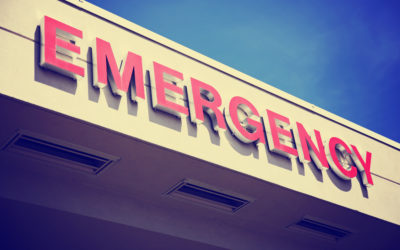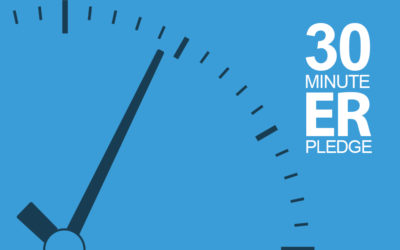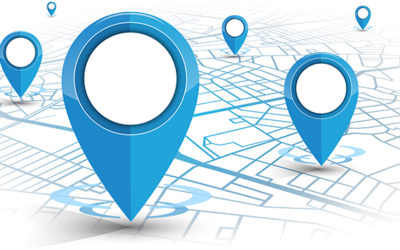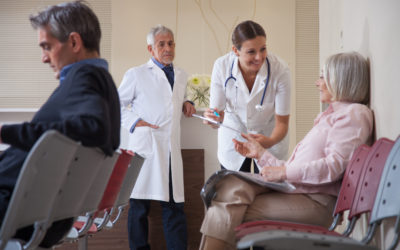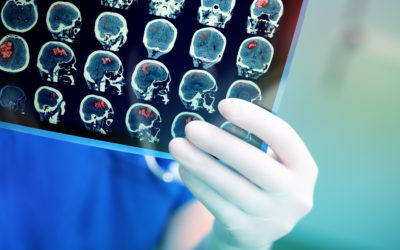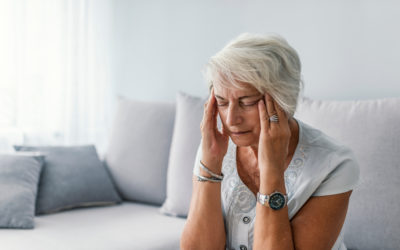Nonspecific Chest Pain
Chest pain can be caused by many different conditions. Some causes of chest pain can be life-threatening. These will require treatment right away. Serious causes of chest pain include:
- Heart attack.
- A tear in the body’s main blood vessel.
- Redness and swelling (inflammation) around your heart.
- Blood clot in your lungs.
Other causes of chest pain may not be so serious. These include:
- Heartburn.
- Anxiety or stress.
- Damage to bones or muscles in your chest.
- Lung infections.
Chest pain can feel like:
- Pain or discomfort in your chest.
- Crushing, pressure, aching, or squeezing pain.
- Burning or tingling.
- Dull or sharp pain that is worse when you move, cough, or take a deep breath.
- Pain or discomfort that is also felt in your back, neck, jaw, shoulder, or arm, or pain that spreads to any of these areas.
It is hard to know whether your pain is caused by something that is serious or something that is not so serious. So it is important to see your doctor right away if you have chest pain.
Follow these instructions at home:
Medicines
- Take over the counter and prescription medicines only as told by your doctor.
- If you were prescribed an antibiotic medicine, take it as told by your doctor. Do not stop taking the antibiotic even if you start to feel better.
Lifestyle
- Rest as told by your doctor.
- Do not use any products that contain nicotine or tobacco, such as cigarettes, e-cigarettes, and chewing tobacco. If you need help quitting, ask your doctor.
- Do not drink alcohol.
- Make lifestyle changes as told by your doctor. These may include:
o Getting regular exercise. Ask your doctor what activities are safe for you.
o Eating a heart-healthy diet. A diet and nutrition specialist (dietician) can help you to learn healthy eating options.
o Staying at a healthy weight.
o Treating diabetes or high blood pressure, if needed.
o Lowering your stress. Activities such as yoga and relaxation techniques can help.
General Instructions
- Pay attention to any changes in your symptoms. Tell your doctor about them or any new symptoms.
- Avoid any activities that cause chest pain.
- Keep all follow-up visits as told by your doctor. This is important. You may need more testing if your chest pain does not go away.
Contact a doctor if:
- Your chest pain does not go away.
- You feel depressed.
- You have a fever.
Get help right away if:
- Your chest pain is worse.
- You have a cough that gets worse, or you cough up blood.
- You have very bad (severe) pain in your belly (abdomen).
- You pass out (faint).
- You have either of these for no clear reason:
o Sudden chest discomfort.
o Sudden discomfort in your arms, back, neck, or jaw. - You have shortness of breath at any time.
- You suddenly start to sweat, or your skin gets clammy.
- You feel sick to your stomach (nauseous).
- You throw up (vomit).
- You suddenly feel lightheaded or dizzy.
- You feel very weak or tired.
- Your heart starts to beat fast, or it feels like it is skipping beats.
These symptoms may be an emergency. Do not wait to see if the symptoms will go away. Get medical help right away. Call 911. Do not drive yourself to the hospital.
Summary
- Chest pain can be caused by many different conditions. The cause may be serious and need treatment right away. If you have chest pain, see your doctor right away.
- Follow your doctor’s instructions for taking medicines and making lifestyle changes.
- Keep all follow-up visits as told by your doctor. This includes visits for any further testing if your chest pain does not go away.
- Be sure to know the signs that show that your condition has become worse. Get help right away if you have these symptoms.
This information is not intended to replace advice given to you by your health care provider. Make sure you discuss any questions you have with your health care provider.
Related Services and Conditions
Abdominal Pain
Abdominal Pain Many things can cause belly (abdominal) pain. In most cases, belly pain is not a...
ER
In a medical emergency, every minute matters. That’s why we work diligently to have you initially seen by a medical…
ER 30 Minute Pledge
In a medical emergency, every minute matters. That’s why, at Evanston Regional Hospital, we work diligently…
ER Directions
Health care starts with you. If you’re experiencing symptoms, it’s up to you to pay attention and decide how to respond…
ER Team
Valley View Emergency Physicians is now providing care at Evanston Regional Hospital. Most of the physicians are…
ER Visit
A trip to the ER can often be stressful or scary- but it doesn’t have to be. A few minor preparations can help your visit go…
Heart Attack
In the movies, signs of a heart attack seem straightforward and dramatic. In real life, heart attack symptoms can happen…
Patient Testimonial
When rancher Ronald Stuart arrived in the emergency room at Evanston Regional Hospital concerned he had a…
Stroke
According to the National Stroke Association, a stroke is the leading cause of death in the U.S., and the leading…
When to go to the ER
Minor illnesses can often wait, but some symptoms always demand immediate medical attention. These can include…


